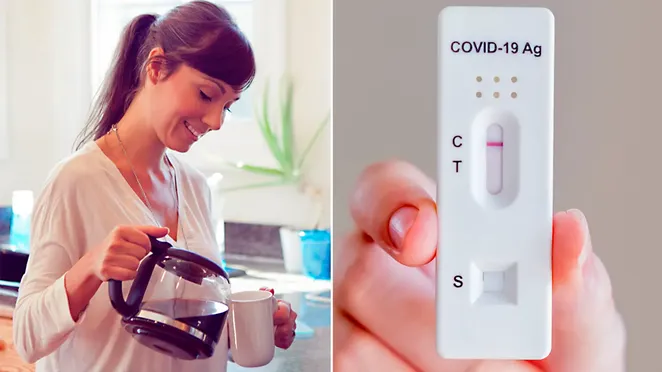(Fox News) Your daily cup of coffee could potentially double as COVID protection, a new study from China Medical University is suggesting.
Previous research has shown that a diet rich in polyphenols — a class of compounds found in many plant foods that act as antioxidants — could boost the immune system and reduce the risk of severe disease.
Given that coffee contains many polyphenols, researchers looked into whether consuming the beverage could reduce the risk of severe COVID illness.
Evaluating a group of 64 adult participants, the researchers determined that consuming one to two cups of coffee per day helped to prevent infection by multiple COVID variants.
The results were published in the journal Cell and Bioscience on Nov. 16.
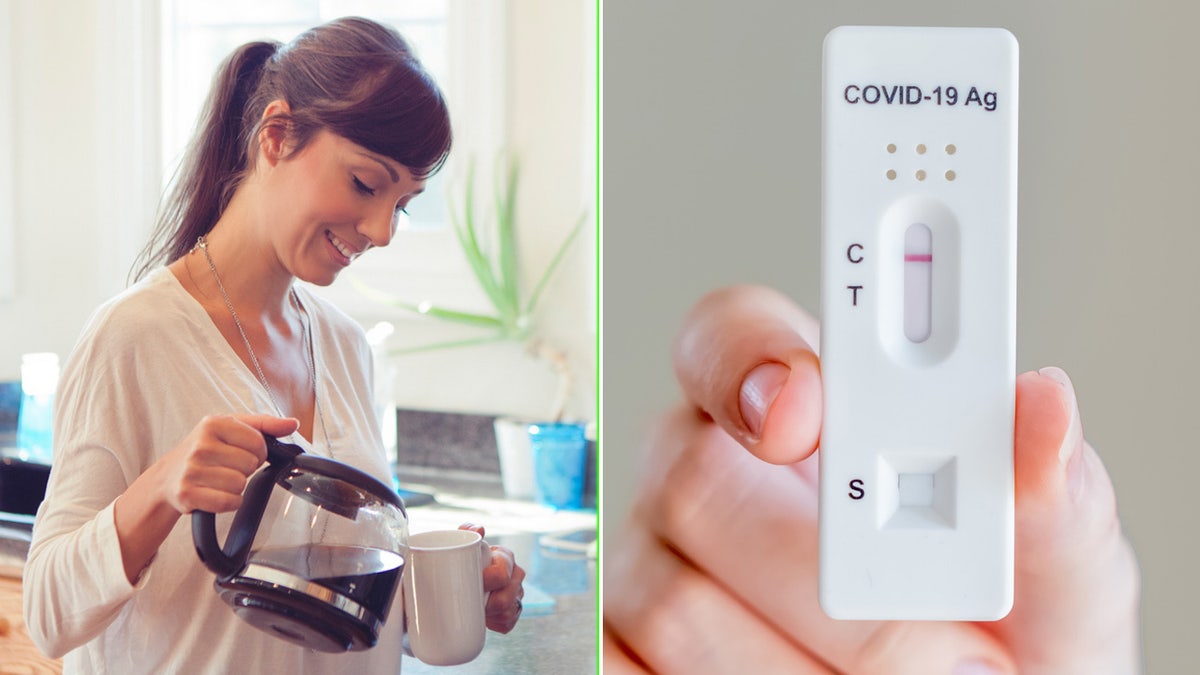
Drinking coffee could double as COVID protection, a new study from China Medical University has suggested. Two medical experts weighed in with thoughts and insights. (iStock)
Both ground coffee and instant coffee were found to have benefits, as was decaffeinated coffee.
The coffee prevented entry of the SARS-CoV-2 infection by keeping the virus from entering host cells.
It did this by blocking the spike protein on SARS-COV-2 from binding to the enzyme ACE2, which is the primary receptor for the COVID-19 virus and is found in the lungs.
It also reduced the activity of proteins and enzymes that are associated with severe COVID illness.
“This study verified that moderate coffee consumption, including decaffeination, can provide a new guideline for the prevention of SARS-CoV-2,” the study authors wrote.
“Based on the results, we also suggest a coffee-drinking plan for people to prevent infection in the post-COVID-19 era.”
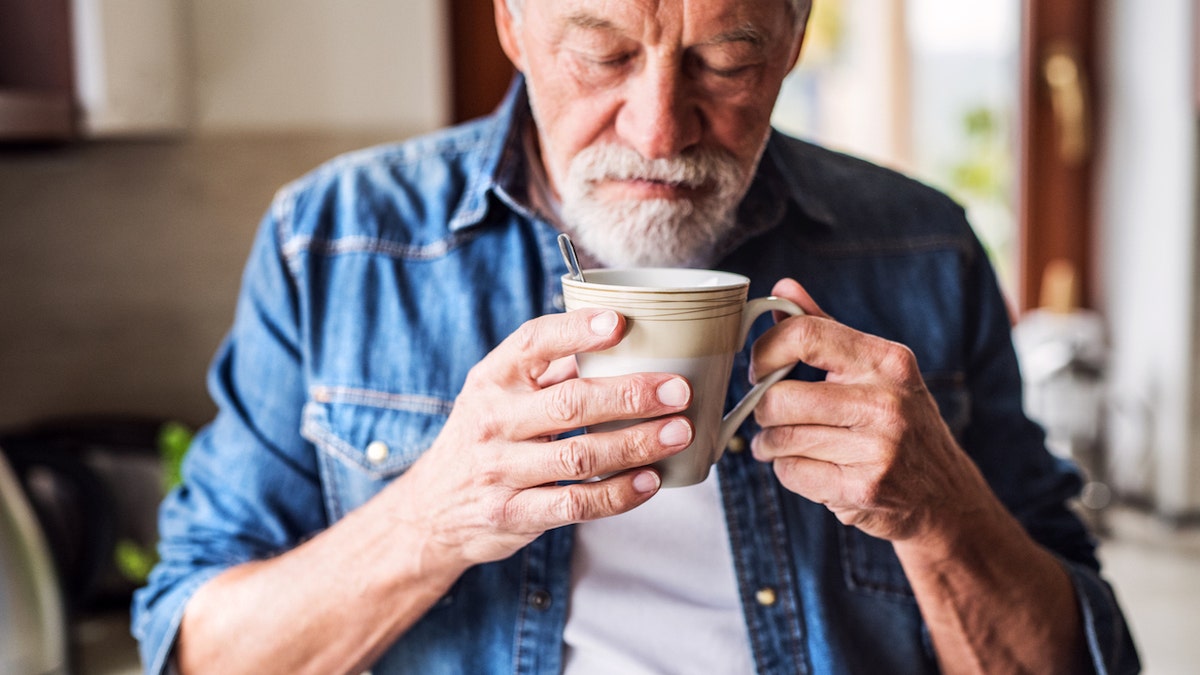
Previous research has shown that a diet rich in polyphenols — a class of compounds found in many plant foods that act as antioxidants — could boost the immune system and reduce the risk of severe disease. (iStock)
Dr. Marc Siegel, clinical professor of medicine at NYU Langone Medical Center and a Fox News medical contributor, was not involved in the study but offered his insights.
“Coffee contains many active ingredients that have been shown to be good for health — polyphenols and antioxidants,” he told Fox News Digital.
A prior study from the UK Biobank showed a 10% decrease in infection rate among coffee drinkers with COVID, Siegel pointed out.
“The current study from Taiwan is well done, but it raises more questions than it answers,” he went on, noting that there was a “very small” group of human subjects.
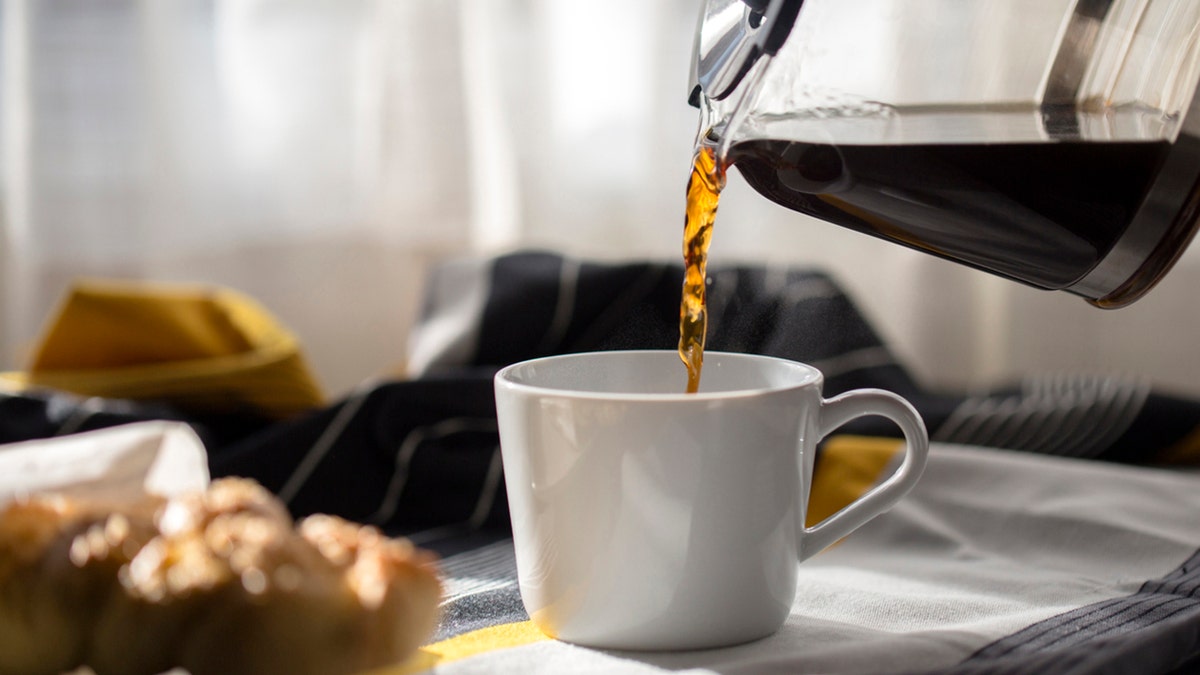
More studies need to be done before people conclude that coffee is actually protective against COVID infection, one doctor said. (iStock)
“While the mechanism for uptake at the ACE2 cells appears very accurate, a pseudovirus is used, which has similar genetic material and antigen as the virus, but cannot be the exact same as the virus itself,” Siegel pointed out.
More studies need to be done before people conclude that coffee is actually protective against COVID infection, the doctor said.
“Also, coffee may increase stomach acidity, and there has been a connection drawn between COVID and increased stomach problems (GERD),” Siegel noted.
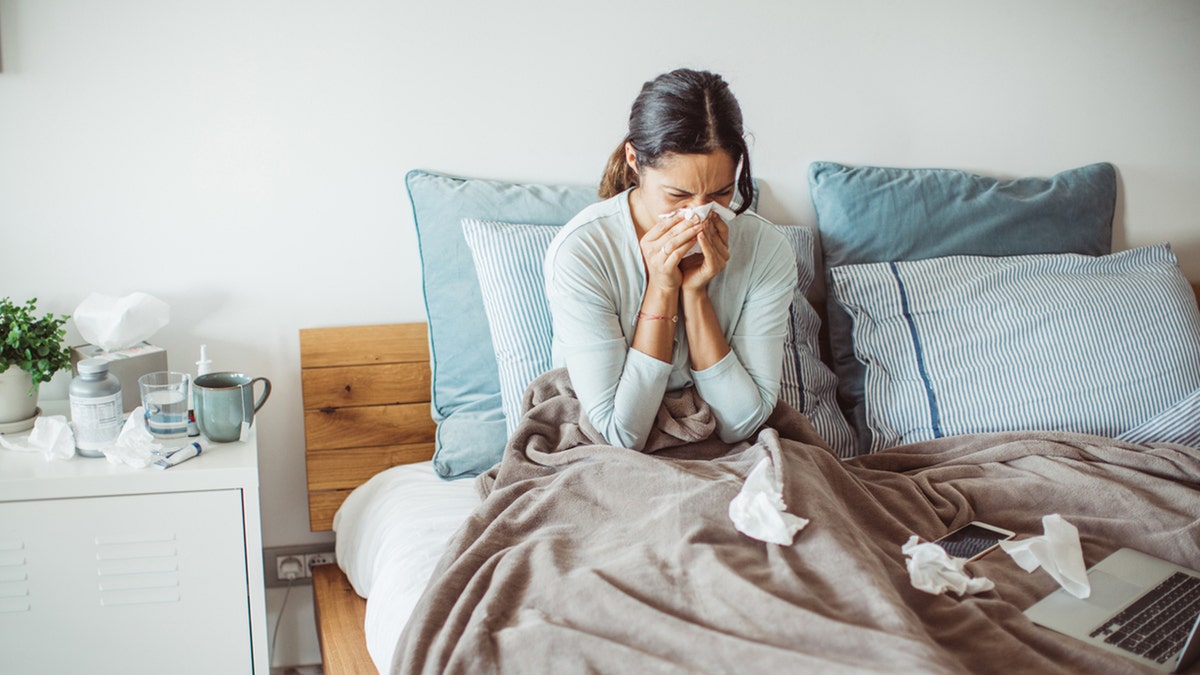
Given that coffee contains many polyphenols, researchers looked into whether consuming the beverage could reduce the risk of severe COVID illness. (iStock)



